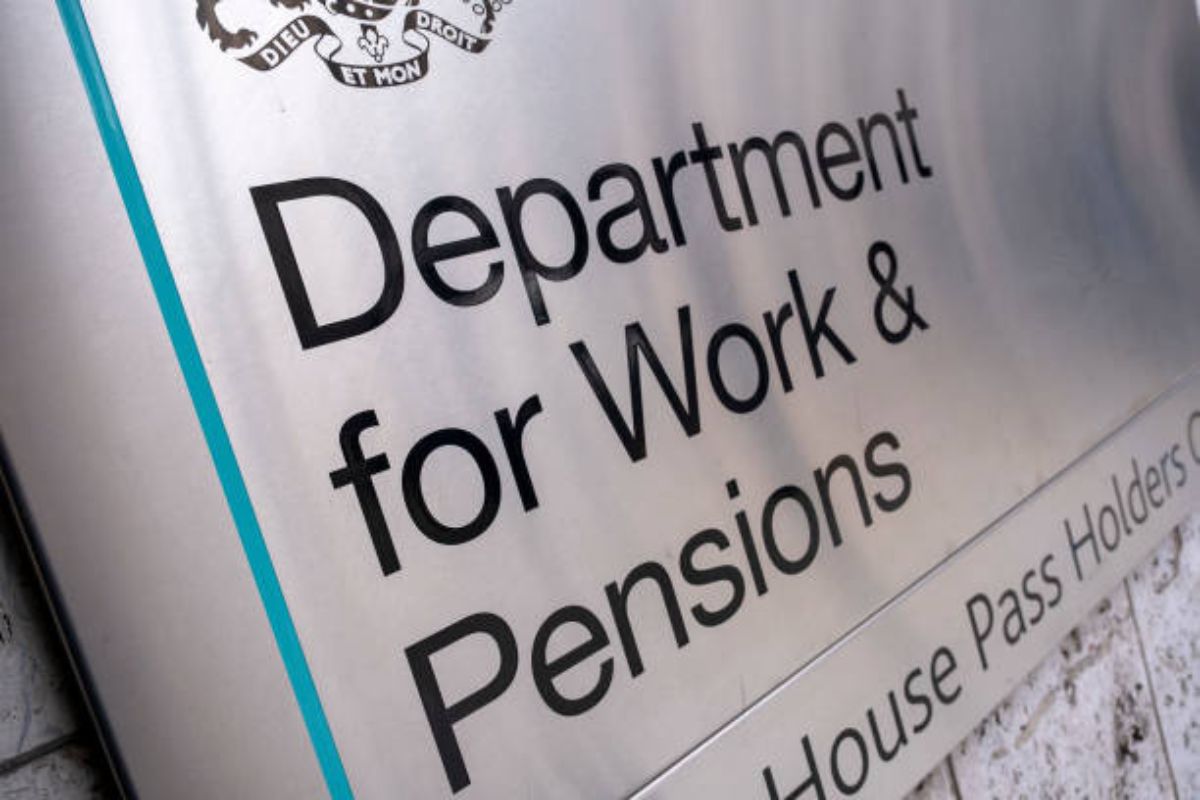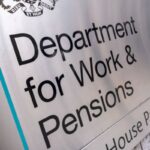DWP reforms will help to generate a spike in Britons claiming top level payments with 400,000 extra out of employment

The DWP benefits news in the UK has changed significantly, and this is reflected in a projected rise in Universal Credit claimants getting the health element. Based on the Office of Budget Responsibility (OBR), this spike suggests that by 2030 about three million people will be getting these payments. Under the welfare reform efforts of the previous government, this figure shows a considerable rise of 370,000 over earlier estimates. This change reflects the decision of the current Work and Pensions Secretary to change the strict requirements for sickness benefits, therefore expanding eligibility.
Increasing Eligibility: Changes in disability benefit assessments
The foundation of this legislative amendment is the adjustment of evaluation procedures deciding eligibility for disability benefits. This change has directly affected the expected number of recipients; the estimated amount from last autumn, 2.6 million, has been moved to the current estimate of three million. Although this increase of eligibility is meant to help underprivileged groups more, it has drawn close examination and discussion on its long-term financial consequences and impact on workforce participation.
Economic Effects: Fiscal Responsibilities and Workforce Participation
The OBR’s study emphasises how these changed benefit standards could cause a 16,000 person drop in the workforce. This result runs counter to the government’s claim that its £1 billion return-to–work scheme will eventually boost general employment. The OBR has shown doubt, pointing out a dearth of hard data bolstering the expected job increase. Moreover, every receiver of the top level of these advantages is entitled to £2,600 yearly, therefore adding to the overall cost of government.
Political Fallout: Internal Conflict and Opposition Notes
The change in policy has sparked a lot of political debate that has resulted in internal governing party dissension. At least eight of the more than 25 members of Parliament that have openly expressed their resistance to the suggested changes say they will vote against them. Prominent people, including the Mayor of Greater Manchester, have attacked the decision, calling it a “wrong choice” that limits eligibility for fundamental disability payments. Leaders of opposition parties have also denounced the action, calling it “moral repugnant” and charging the government of budgeting at the price of the most needy.
Government Reaction: Support of the Policy Change
Emphasising the need of eradicating an evaluation system they feel maintained a “life on benefits,” the government, via a spokesman for the Department for Work and Pensions, has defended its decision. They have said that the all-encompassing changes are meant to provide a £1 billion employment support package meant to enable the comeback of sick and disabled people into the workforce. They also stress the rebalancing of Universal Credit payments to help low-income households and discourage reliance on ill-health benefits.
Long-Term Conservation and Socioeconomic Effects
Still unresolved is the important issue about the long-term viability of these changes and their wider social influence. Although the immediate result is increased support for people judged unfit for employment, serious thought should be given to the possible consequences for workforce participation and economic stability. Policymakers’ key difficulty still is striking the balance between preserving a strong economy and offering required support. The OBR’s comments on the absence of data confirming the expected increase in employment resulting from the £1 billion program highlight even more the importance of thorough assessment and surveillance of these changes.






